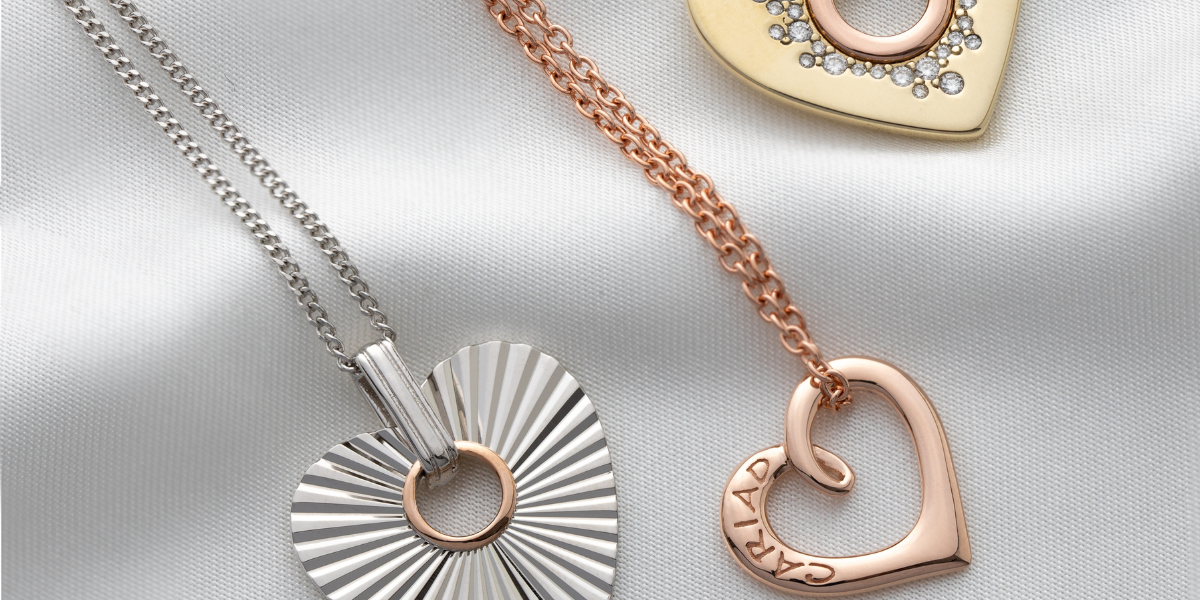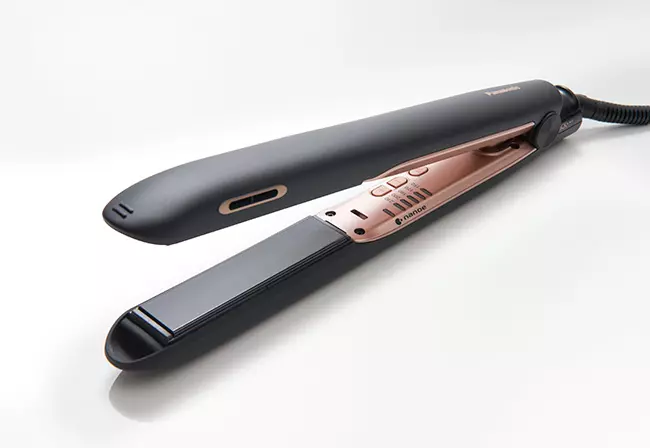Rendering of Brooklinen’s largest store yet in Los Angeles at 800 14th St., Santa Monica.
Brooklinen
Visits to home furnishing stores were up significantly from 2019 to 2021, with January of this year showing an upward trend of 2.8%, 7.3%, and 58.4% for At Home, Home Goods, and Floor & Decor, respectively, according to Placer.ai. The pandemic has influenced the industry, as more and more people are working from home and seeking to upgrade their spaces. So it’s no surprise many home retailers are announcing big store expansion plans.
Brooklinen, a direct-to-consumer home goods brand known for its luxury bedding, recently announced plans to open several new locations this spring and summer. The company’s net sales grew by 227% year-over-year for 2021, indicating an opportunity to bring the brand to customers in real life. Its growth will include locations in Los Angeles, Philadelphia, Portland, and San Francisco, bringing the total store count to six. By 2024, the company is planning to have 25 to 30 locations. “Although a high volume of our customers enjoy the online shopping experience, we know from anecdotal feedback and data that there are those customers that prefer a tactile, in-person experience. This is the next step for us in meeting our customers everywhere that they want to see us,” shared Rich Fulop, Co-Founder and CEO of Brooklinen.
ADVERTISEMENT
Brooklinen is far from the only home goods company seeing exponential growth and an opportunity to open physical locations. For example, Parachute, a Los Angeles-based direct-to-consumer home brand, recently told Retail Leader the company plans to have about 30 stores by the end of the year, up from the current 13. Ariel Kaye, CEO of Parachute, emphasized the benefit of high conversion rates in-store as one of the reasons for the company’s focus on physical retail.
Physical retail has many benefits for retailers, but the key to success is customer experience, which happens to be Brooklinen’s focus. The company’s Vice President of Retail, Josh Illig, stated that “beyond growing the business, our intention with retail is to authentically integrate into each community where we put down roots. Customers can expect thoughtful partnerships and events with local charities, businesses, and artists in every city. We love creating genuine interactions in our stores and look forward to bringing that experience across the country.” By developing experiences at each location, the brand will be able to create meaningful relationships with its customers.
RH, previously known as Restoration Hardware, is another example of a home goods company focusing on customer experience and experiential retail. Its revenue was up 32% in 2021 to $3.759 billion versus $2.84 billion in 2020 and up 42% versus 2019. RH’s new concepts are going far beyond the traditional with RH England at the 73-acre Aynhoe Park, a New York hotel called the RH Guesthouse, expansion of RH Interiors and RH Modern, a bathhouse and spa in Aspen, customized Gulfstream jets and a yacht available for charter, as well as many more locations globally. The idea of a brand existing in the physical world in the format of a store is no longer the norm as more and more experiential concepts take hold.
ADVERTISEMENT
In addition, retailers in the home improvement sector are opening more stores, but in a more significant way by leasing large volumes of retail real estate. According to JLL
JLL
The pandemic has given home retailers a head start in the return of physical retail. From direct-to-consumer to traditional home goods and furnishing retailers, there’s no doubt demand for physical retail is ubiquitous in the sector.








